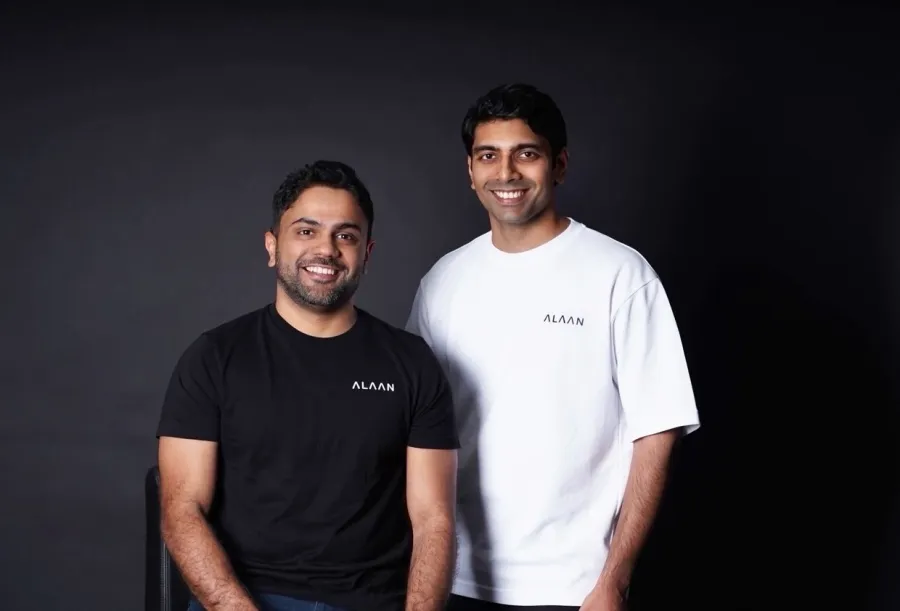
Once upon a time in Dubai’s consulting world, Parthi Duraisamy had a very expensive problem. As a McKinsey consultant, he found that the company’s go-to American Express corporate cards were barely accepted in the Middle East. The result? Endless out-of-pocket spending, a mountain of receipts, and weekends spent glued to expense report spreadsheets instead of enjoying shawarma by the beach.
Fast forward, and Parthi — alongside fellow McKinsey alum Karun Kurien — decided to fix that pain for everyone. Enter Alaan, now the Middle East’s leading spend management platform, and fresh off a massive $48 million Series A round led by Peak XV Partners (formerly Sequoia India & SEA). Notable backers also include Y Combinator, 468 Capital, and founders of big MENA names like Careem and Tabby.
The road here wasn’t exactly smooth. Despite raising $2.5M in seed funding in 2021, regulatory hurdles and the need for strong banking partnerships meant it took nearly a year before Alaan could launch in the UAE. Expanding into Saudi Arabia was another slow grind, taking years to get central bank approvals before finally launching in January 2025.
But Alaan didn’t just survive — it innovated. It became the first B2B fintech in the region to integrate Apple Pay and one of the first to weave OpenAI’s tech into its platform. While their early AI chatbot flopped (users didn’t want to chat about expenses — surprise, surprise), they learned fast. Today, AI quietly works behind the scenes, matching receipts, reconciling accounts, and handling tricky VAT extractions — a lifesaver for regional businesses navigating complex tax rules.
The results? 1.5 million hours of manual work saved, over 2.5 million transactions processed, and profitability achieved by spending $5M to make $10M. Now, with Saudi expansion gaining speed and the new funding fueling hires and AI automation, Alaan is positioning itself as the Ramp of the Middle East — only leaner, more localized, and laser-focused on efficiency.
The takeaway? Sometimes the best startups don’t start in garages — they start in frustration-filled weekends with too many receipts and not enough patience.






